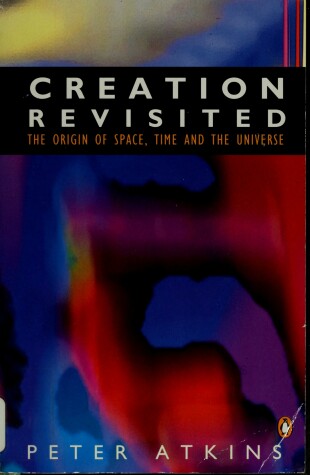Penguin Science S.
1 total work
In this investigation into the nature of the cosmos, P.W. Atkins explores the fundamental questions of modern science: the existence of the universe, time, chance, life and consciousness. Once we understand the building blocks of nature, such as quarks, electrons and the forces that hold them all together, it becomes possible to reconstruct, in principle, the process which first led to elements, then to more complex organisms, culminating in conscious human beings. By claiming that only the very simplest things appeared when the cosmos was formed, P.W. Atkins argues against the need for a creator. He tackles such questions as how coiled space-time emerged by chance out of its own dust, why physical change is always driven by decay and increasing chaos, and how consciousness required both a warm, stable platform like the Earth and a four-dimensional universe of space and time. He examines why light travels in straight lines and why there is only one dimension of time, as well as the most puzzling question of all: how something can come from nothing.
First published in 1981 as "The Creation", this book has been revised ad includes an updated commentary and new chapter which considers how mathematics works as a description of the world and why it may provide the means of explaining the origins of the cosmos and consciousness. Complete knowledge, Atkins believes, is just within our grasp; in substaining that claim, he reveals the full power of modern scientific thinking.
First published in 1981 as "The Creation", this book has been revised ad includes an updated commentary and new chapter which considers how mathematics works as a description of the world and why it may provide the means of explaining the origins of the cosmos and consciousness. Complete knowledge, Atkins believes, is just within our grasp; in substaining that claim, he reveals the full power of modern scientific thinking.
